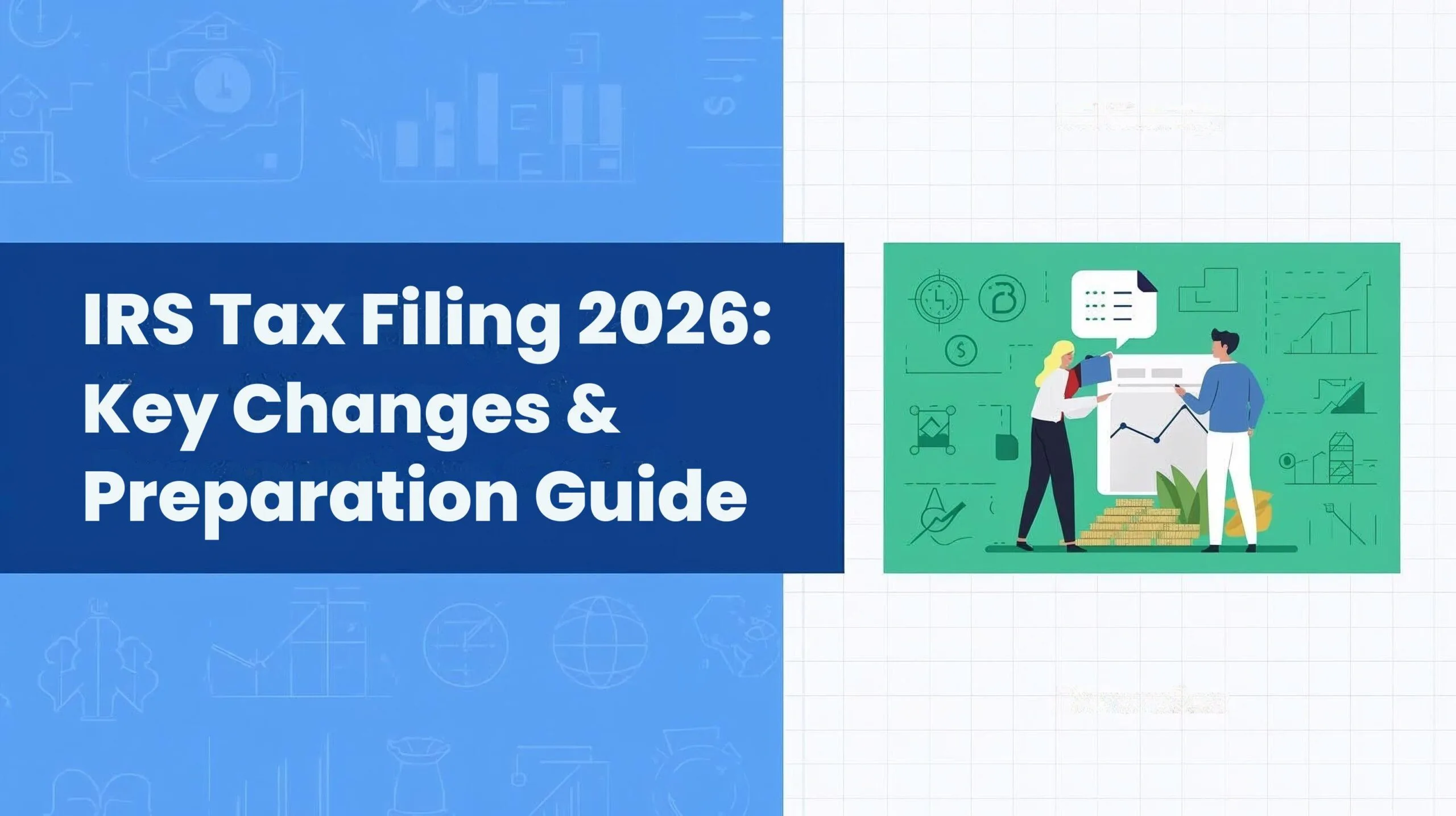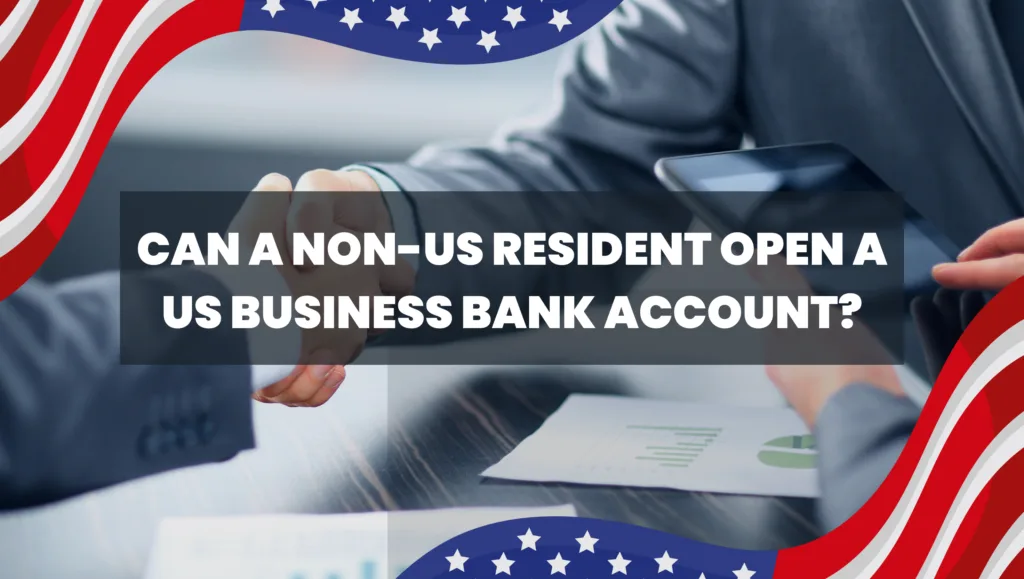
We Make Tax Filing A Breeze
Home » Can a Non-US Resident Open a US Business Bank Account?

For international entrepreneurs and businesses looking to tap into the vast US market, establishing a strong financial infrastructure is paramount. A US business bank account is a cornerstone of this infrastructure, facilitating smooth transactions, building credibility, and simplifying financial management. But a common question arises: Can a non-US resident actually open a US business bank account? This guide provides a comprehensive answer.
Operating a business in the US, even if managed remotely, often necessitates a US-based bank account for several reasons:
The short answer is yes, it is generally possible for a non-US resident to open a US business bank account. However, the process is often more complex than for US residents, and requirements can vary significantly from bank to bank. It’s not as straightforward as walking into any bank branch, especially if you are not physically present in the US.
While each financial institution has its own specific policies, several common requirements must typically be met:
Most US banks will require your business to be formally registered in the United States. This means forming a legal entity such as:
The choice of entity has various legal and tax implications. For businesses based abroad, especially from regions like India, understanding these differences is key. (TheTaxBooks offers services in US Company Formation for LLPs, LLCs, S-Corps, and C-Corps, helping you choose and establish the right structure).
An EIN is a unique nine-digit number assigned by the Internal Revenue Service (IRS) to business entities operating in the US. It’s essentially a tax ID number for businesses. You do not need to be a US resident or have a Social Security Number (SSN) to obtain an EIN for your US company.
Applying for an EIN can sometimes be a detailed process for international applicants. (TheTaxBooks assists clients with ITIN Application for individuals where needed, and can guide businesses through the EIN application process with the IRS).
Your US business entity will need a physical address in the state where it is registered. This cannot be a P.O. Box for registration purposes. You’ll also need a Registered Agent, which is an individual or company designated to receive official legal and tax documents on behalf of your business in that state.
Many services offer US physical addresses and Registered Agent services specifically for international founders.
Banks are required by law (like the Bank Secrecy Act and Know Your Customer (KYC) rules) to verify the identity of individuals associated with a business account. For non-US residents, this typically means providing:
Some banks might inquire about an Individual Taxpayer Identification Number (ITIN) for foreign individuals who have US tax obligations, though for opening a business bank account where the business has an EIN, the focus is usually on the business’s credentials and the identity of the signatories.
Banks may also ask for:
It’s crucial to check the specific requirements of the bank you choose before starting the application process.
Here’s a general outline of the steps involved:
Decide on the most suitable business structure (LLC or C-Corp are common for international founders) and complete the registration process in your chosen US state (e.g., Delaware, Wyoming, Florida are popular choices). This will involve filing the necessary documents with the state’s Secretary of State.
Once your company is formed, you can apply for an EIN. Non-residents without an SSN typically apply via mail or fax using Form SS-4. Processing times can vary. As per IRS guidelines, this is a critical step before you can operate financially as a US entity.
Not all US banks are equally friendly or equipped to handle accounts for non-resident-owned businesses. Consider:
Key questions to ask potential banks:
Compile all the required documents meticulously. This includes your company formation certificates, EIN confirmation letter from the IRS, passports of all signatories, proof of address, and any other documents requested by the bank.
The ability to open an account remotely is a significant factor for many non-US residents. Be prepared that options for purely remote opening with traditional, large banks can be limited and often require careful navigation or established relationships.
While TheTaxBooks doesn’t directly open bank accounts for clients, our expertise in US Company Formation (LLC, C-Corp) and EIN acquisition lays the essential groundwork. A correctly formed US entity with a valid EIN is the first and most critical step before approaching any bank. We ensure these foundational elements are handled accurately and efficiently, which can significantly simplify your subsequent interactions with financial institutions. We also provide US Business Bookkeeping and US Business Taxation services, which become vital once your account is active and your business is operational.
Opening a US business bank account as a non-US resident is indeed achievable. It requires careful planning, thorough preparation, and a clear understanding of the requirements. By forming your US entity correctly, obtaining your EIN, and diligently researching your banking options, you can successfully establish the financial presence your business needs to thrive in the American market.
To learn more about how you can reduce your taxes and save money, check out the helpful resources on our blog or contact us today to schedule a consultation.